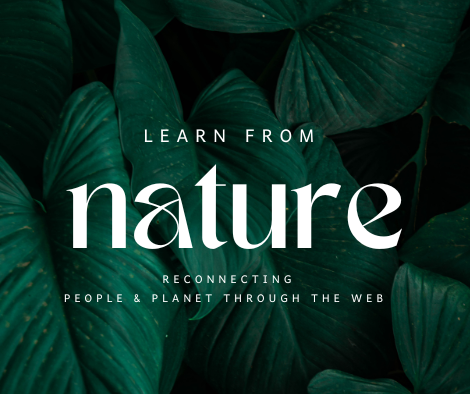
Here’s a roundup of some of the many charities involved in conservation of and education for , in and about the oceans…
World Oceans Day 2020

Marine Conservation Society UK produces the Good Fish Guide.

Plastic Oceans uses science to engage people

Mission Blue inspires action to explore and protect the ocean. Led by legendary oceanographer Dr. Sylvia Earle, Mission Blue is uniting a global coalition to inspire an upwelling of public awareness, access and support for a worldwide network of marine protected areas – Hope Spots!

PADI is a leading dive training network

National Geographic magazine covers the key environmental issues about the oceans

IUCN – the world conservation union – works to ensure that coastal, marine and polar ecosystems are restored and maintained, and that any use of their resources is sustainable and equitable. IUCN also makes sure that the conservation of these ecosystems is integrated into national climate change mitigation and adaptation policies.
High Seas Alliance Since its founding in 2011, the High Seas Alliance (HSA) with its 40+ non-governmental members and the International Union for Conservation of Nature has been working towards protecting the 50% of the planet that is the high seas. As the region of the global ocean that is beyond national jurisdiction, the high seas includes some of the most biologically important, least protected, and most critically threatened ecosystems in the world.

Australian Marine Conservation Society is behind the global effort to gain 30% of protected areas by 2030.
In its 55 year history, the AMCS has campaigned for better protections in Australian waters and we are proud the nation boasts the largest network of multiple-use marine parks in the world where fishing, tourism and marine wildlife co-exist. Within that network, around 10% of Australia’s oceans are fully protected in sanctuaries where no fishing or mining is allowed.AMCS marine parks campaigner Katie Walters said: “Australia’s marine parks are wonderful places to visit, to fish and connect with all that our coasts and oceans have to offer.“But increasing pressures from overfishing, global warming, pollution, offshore mining and industrialisation mean our oceans need greater protection to help pressured species and environments recover and thrive. Sanctuaries are investments in the health of our oceans. Marine sanctuaries, like national parks on land, provide a refuge for our native wildlife and strengthen the health of the entire marine system. Australia’s healthy oceans provide real and tangible benefits to community health, livelihoods, and lifestyles.”

Forest & Bird highlights and works to enhance protection of New Zealand’s marine environments. Marine reserves are the ocean equivalent of national parks and mean marine life can breed and regenerate with less disruption from humans.
EMR – experiencing marine reserves – is all about experiential learning about and in the marine environment

World Oceans Week 2020 has LIVE events on facebook

Visit NAEE for updates to global environmental education topics



1 Comment
Comments are closed.